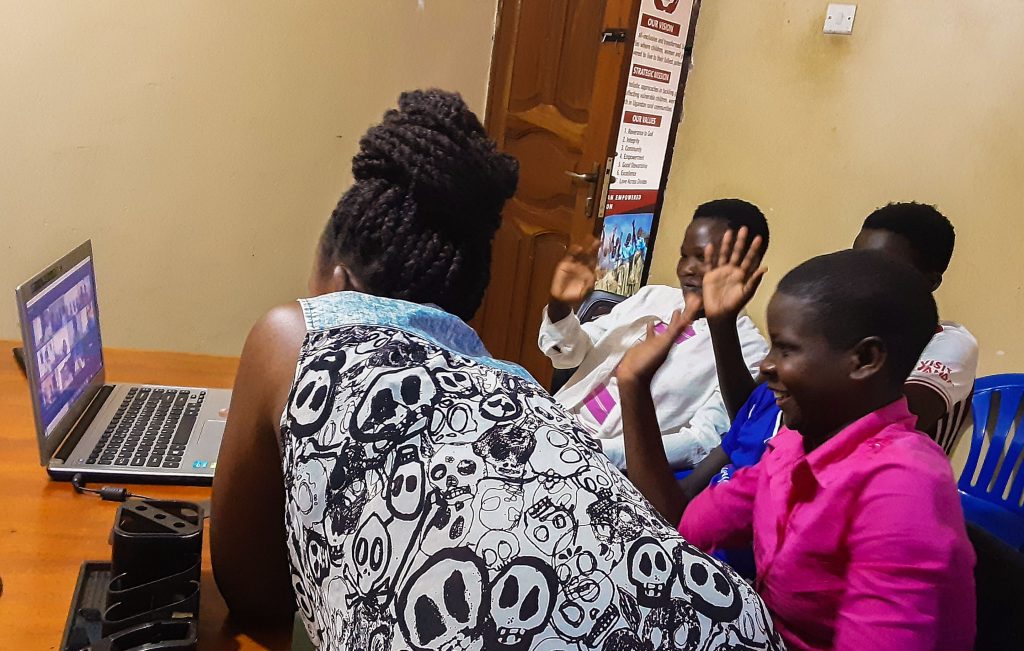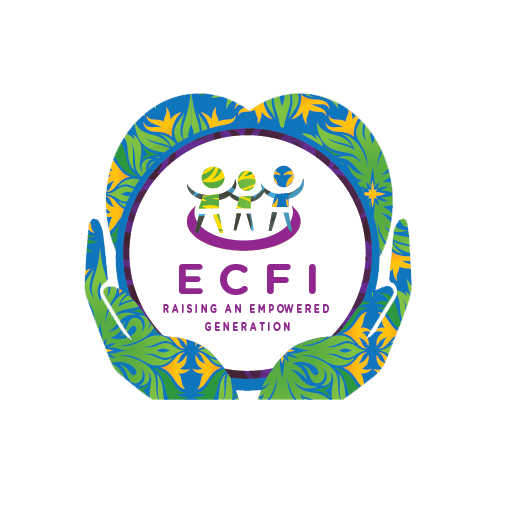Promoting STEM Education
Students and teachers in Ugandan rural communities often lack access to resources and opportunities that can improve their achievement and representation.

Through the STEM Initiative, ECFI is equipping students, teachers, and youth in the rural Ugandan community of Nebbi with computer skills, empowering them with the competence they greatly need for their learning and work in today’s competitive and tech-directed world.
The Computer Training Center
Rural schools are increasingly finding themselves without the funding for advanced technologies that are found in many urban school districts. Not only this, but many educators in rural school systems lack the training, tools, or infrastructure they need to tackle STEM curricula.
And this is putting students at a decided disadvantage when they enter the workforce. Researchers predict, for instance, that the demand for computer programmers exceeds the current supply by as many as 1 million jobs.
The simple fact is that STEM education is not only as important for students in rural areas as it is for those in urban school systems, but it may be even more so.
One of the most exciting aspects of bringing STEM into rural schools, perhaps, is the fact that it opens up a virtual (pun intended) world of opportunity for students whose choices have for too long been limited by geography.
There is high demand for people to fill jobs in the fields of science, engineering, technology, and mathematics.
Robust STEM education is going to prepare a new generation of rural Ugandans for some of the most cutting-edge, lucrative, and in-demand careers there are.


This means that
both the knowledge and the technologies
STEM provides
is giving our most marginalized communities in Nebbi (Uganda) a global voice. It is equipping those who for too long have been deprived of a voice with the tools to spread their stories from one corner of the globe to another.
In an increasingly globalized, tech-focused world, the need for STEM education is profound.
But it is in world’s rural communities that the need is most acute. STEM learning in rural world has the power to restore and revitalize failing communities. It has the power to open up a world of opportunity to people and places too long denied access to it. And it has the power to give voice to the voiceless, to bring our forgotten villages, towns and communities to the attention of the whole wide world.
